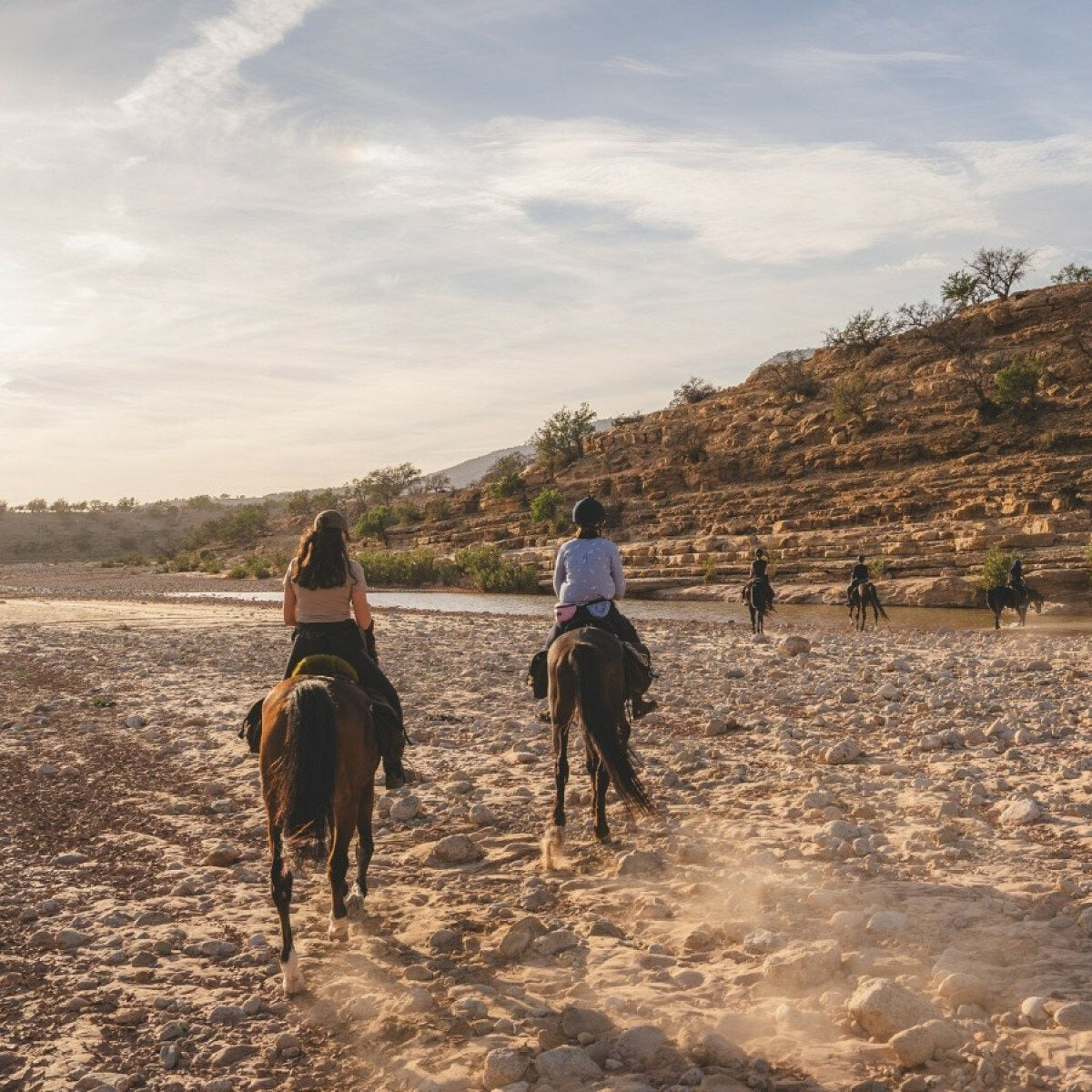When you think of Ramadan, the first thing that comes to mind is fasting. But this religious practice, which lasts about a month, is much more than simply abstaining from food and water from dawn to dusk. Ramadan is a time of meditation, prayer, and inner reflection. It's a time when we pause to look within, to rediscover the value of community and solidarity. At the end of the month, Eid al-Fitr is celebrated, the two-day festival marking the breaking of the fast. During this celebration, people dress in traditional clothing, share rich meals, and strengthen bonds with family and community. It's a time of joy and gratitude, concluding a month dedicated to discipline and spirituality.
Why does Ramadan change dates every year?
The Ramadan follows the Islamic lunar calendar , which is shorter than the Gregorian solar calendar used in much of the world. A lunar year has approximately 354 days, which is 10–11 days fewer than the solar year. For this reason, Ramadan falls at a slightly different time each year, about ten days earlier than the previous year.
The start and end times of fasting also vary from country to country , as they are based on local sunrise and sunset times. For example, in countries near the equator, the duration of fasting remains fairly stable, while in countries further north or south, daylight hours can be much longer or shorter depending on the season. For this reason, Ramadan in Morocco will be different from that experienced in other countries, where daylight hours can be longer or shorter.
Experiencing Ramadan in a Multicultural Family
Our family and the Ranch de Diabat are a blend of cultures . I am Italian, while my husband, Omar, is Moroccan. Ramadan has always been a natural part of his life, while I only discovered it while living with him. For the first few years, I decided to fast to better understand this tradition, but after some time, I had to stop for health reasons. However, this experience has allowed me to better understand the effort and value of this practice, and today I try to accompany it with respect and support.
When our children, Rayane and Soraya, arrived, we wanted to explain the meaning of Ramadan to them from a young age. Since they're still young, they can't observe it, but they participate in moments of sharing, especially in the evening, when we all sit together for the Ftour, the meal that It marks the end of the daily fast . Even though dinner is earlier than usual, we always try to treat it as a family gathering.
Omar's mother plays a special role during this time. Every day she prepares A different kind of soup, designed to rehydrate and prepare the stomach for food . It's a tradition we carry on with love, not only for our family, but also for all the Ranch employees who live here during the week and can't dine with their families.
Ramadan at Ranch de Diabat
The Ranch's routine also changes during Ramadan . In the past, we worked until sunset, but over the years, we've decided to reduce our hours to give everyone a more relaxed experience. Now, we close a few hours before sunset to allow our employees to rest and prepare for the evening.
The activities offered to visitors are also being adapted: multi-day treks are being suspended, as they would be too strenuous for those fasting. We only organize day trips, respecting our team's need for rest .
Despite changes in the work schedule, the Ranch never comes to a complete halt. Animals need to be cared for and fed even during Ramadan , and our staff organizes itself to ensure the well-being of horses and dromedaries without compromising their balance during fasting.
Food and celebration at the end of Ramadan
Food takes on a fundamental symbolic value during Ramadan . The Ftour always begins with water and dates, to give the body an initial boost of sugars. Hot soup follows, which in Morocco can vary daily: harira is among the most popular, but every family has their own version.
During the Eid al-Fitr holiday, the table fills with traditional specialties : tagines filled with meat, chicken, or fish; crispy and flavorful mesmen crêpes; and baghrir, soft crêpes dotted with tiny holes that hold honey. Traditional desserts, such as those made with honey and almonds, are an explosion of flavor and calories, perfect for those who have faced a month of fasting.
This holiday is also a time to practice Zakat al-Fitr, an act of solidarity expected From the Islamic religion: before the morning prayer, those who can offer food or money to those in need, to ensure that even the less fortunate can participate in the celebration.
Ramadan: A Time to Slow Down, Reflect, and Give
In our journey of unity between different cultures, Ramadan is an important time. It allows us to slow down, focus on what truly matters, and strengthen our sense of community. Even those who don't fast can find this month an opportunity for reflection and sharing.
One of the fundamental aspects of Ramadan is the value of charity. Zakat, one of the five pillars of Islam, is a religious duty that encourages those who can afford it to support those in need. This principle is particularly evident during Ramadan, with gestures of solidarity ranging from preparing food for those without resources to making donations to families in need. Generosity is a central element of this month and reminds us how important it is to care for others.
At Rancho de Diabat, we strive to celebrate Ramadan with balance, respect, and openness, finding ways to connect our traditions and create moments of true unity. Ultimately, this is the greatest value of Ramadan: the sense of belonging, gratitude, sharing, and mutual support .
And so, to those who celebrate it, Ramadan Mubarak Said!



